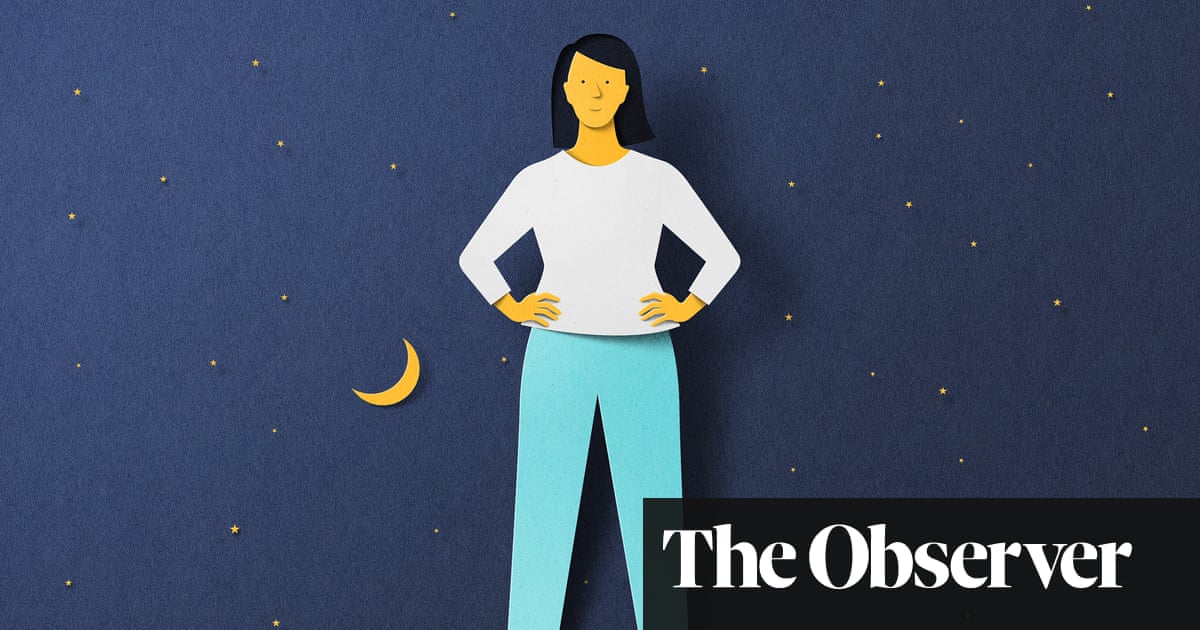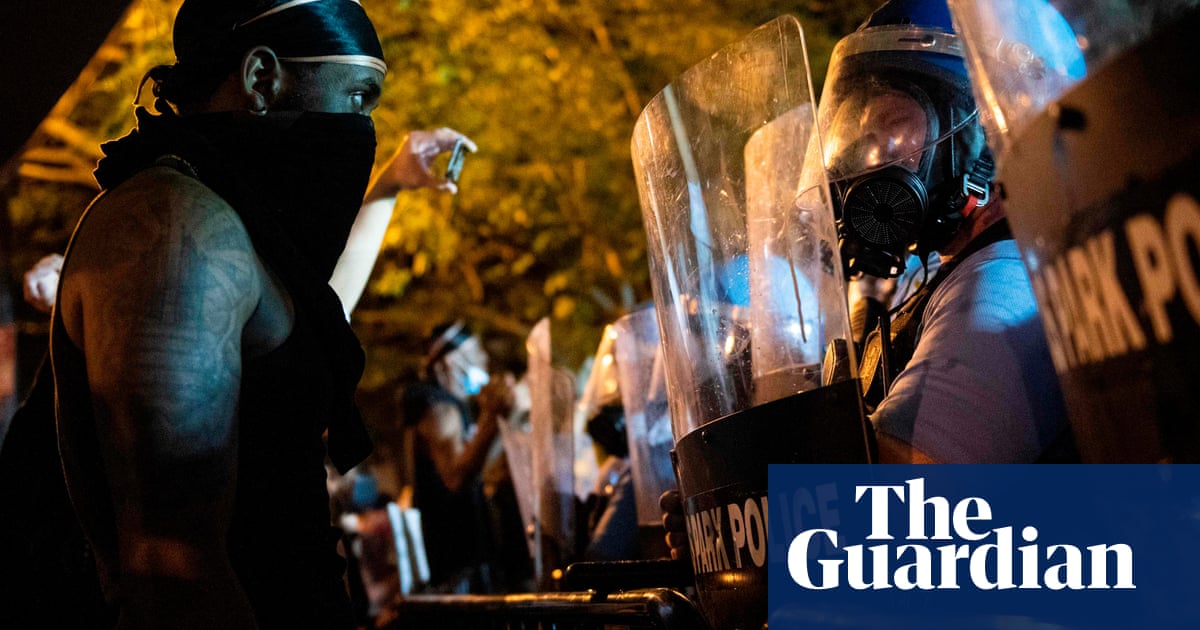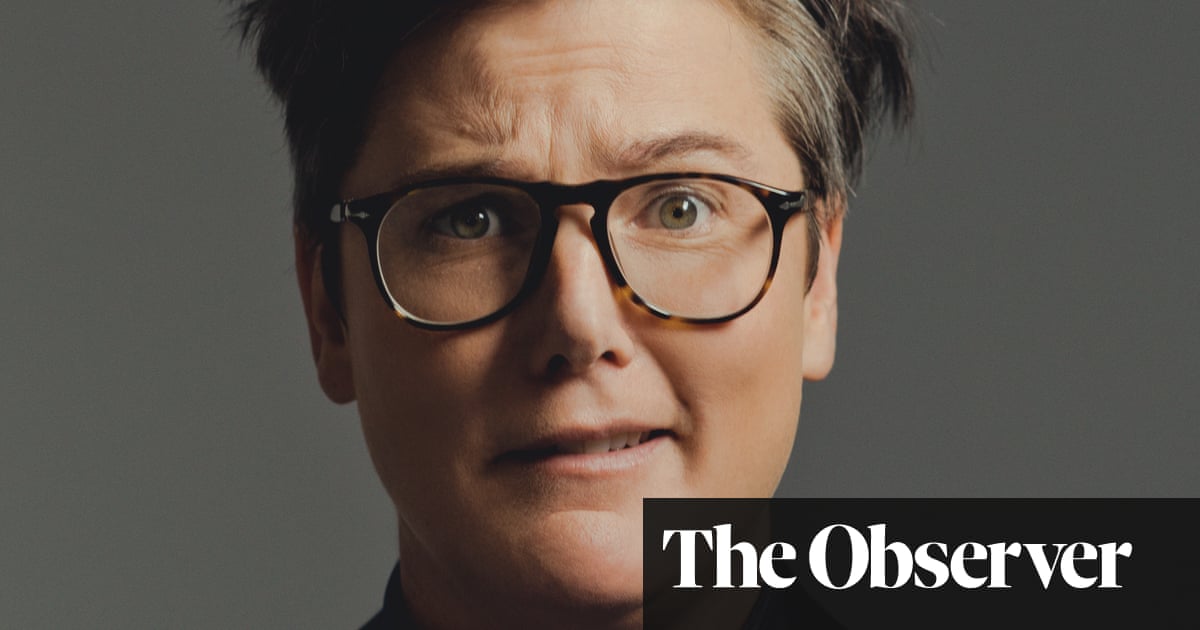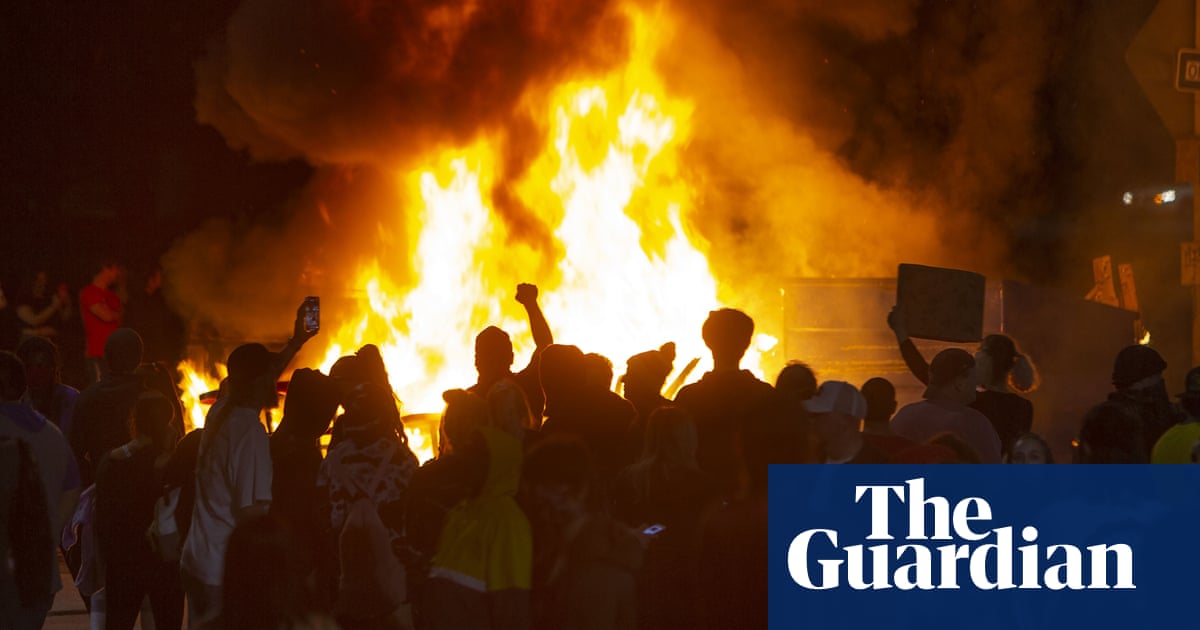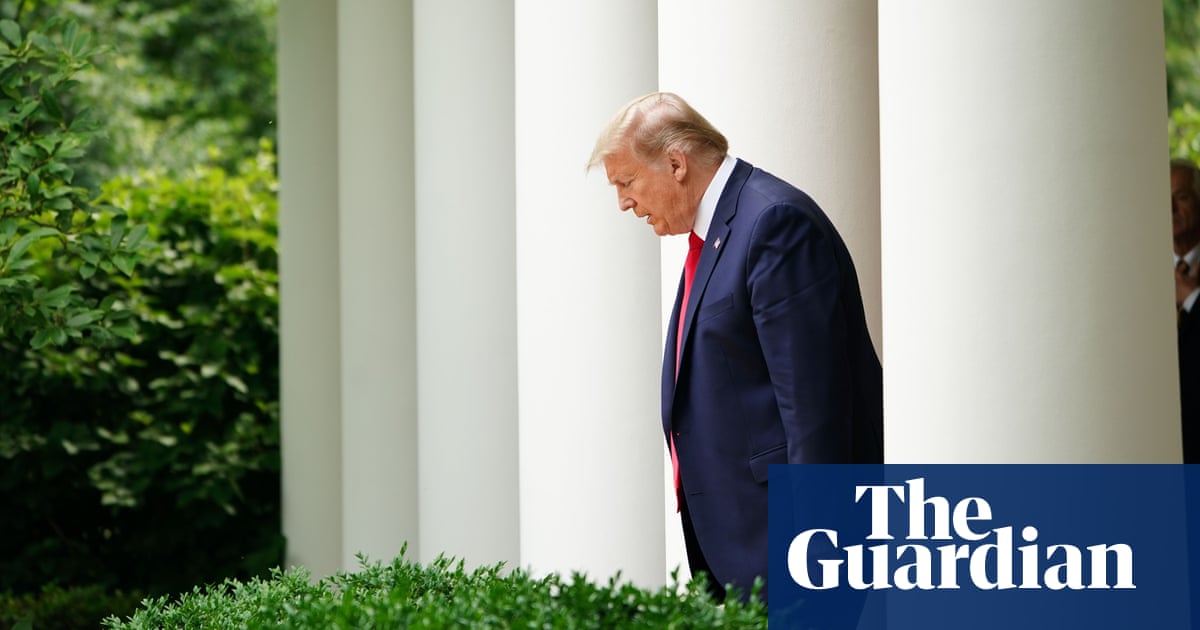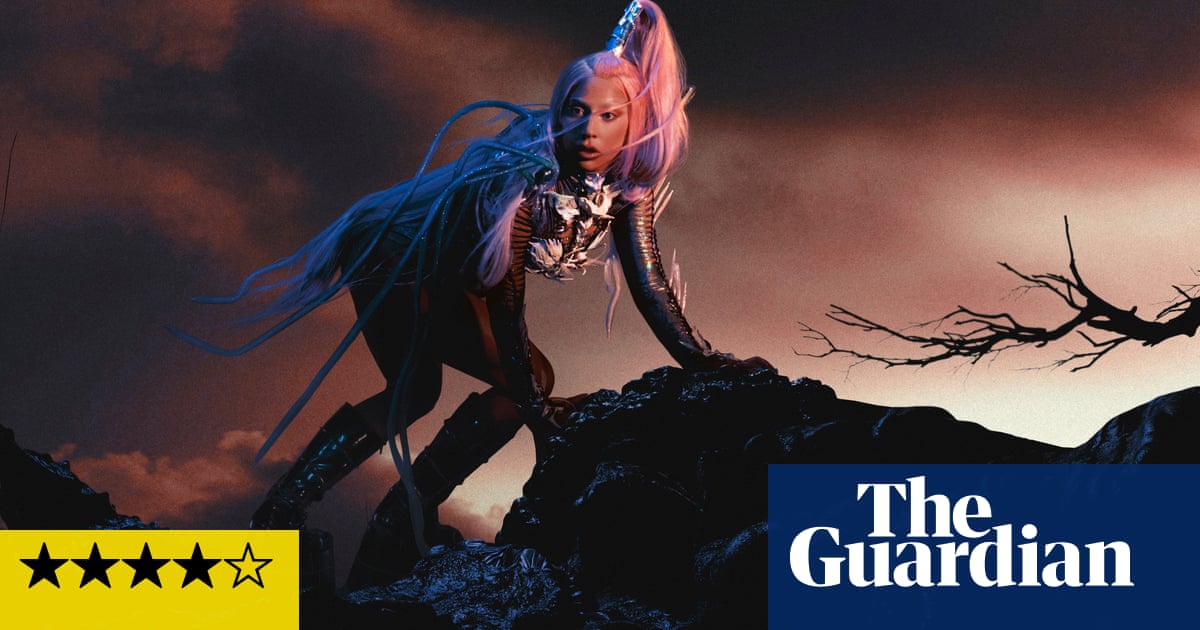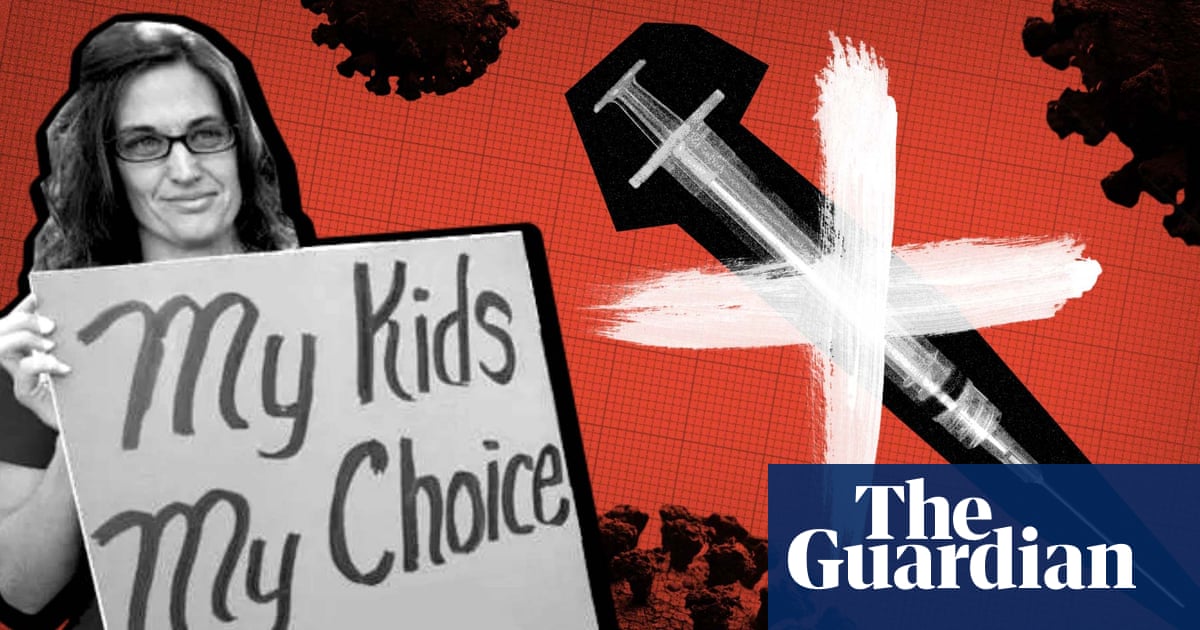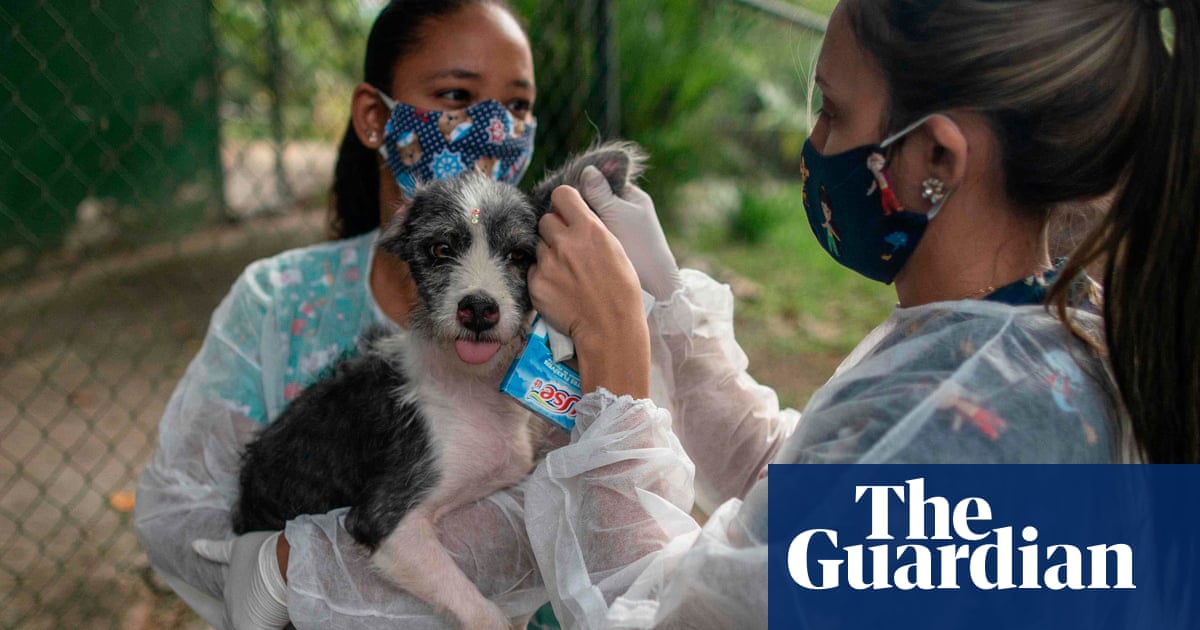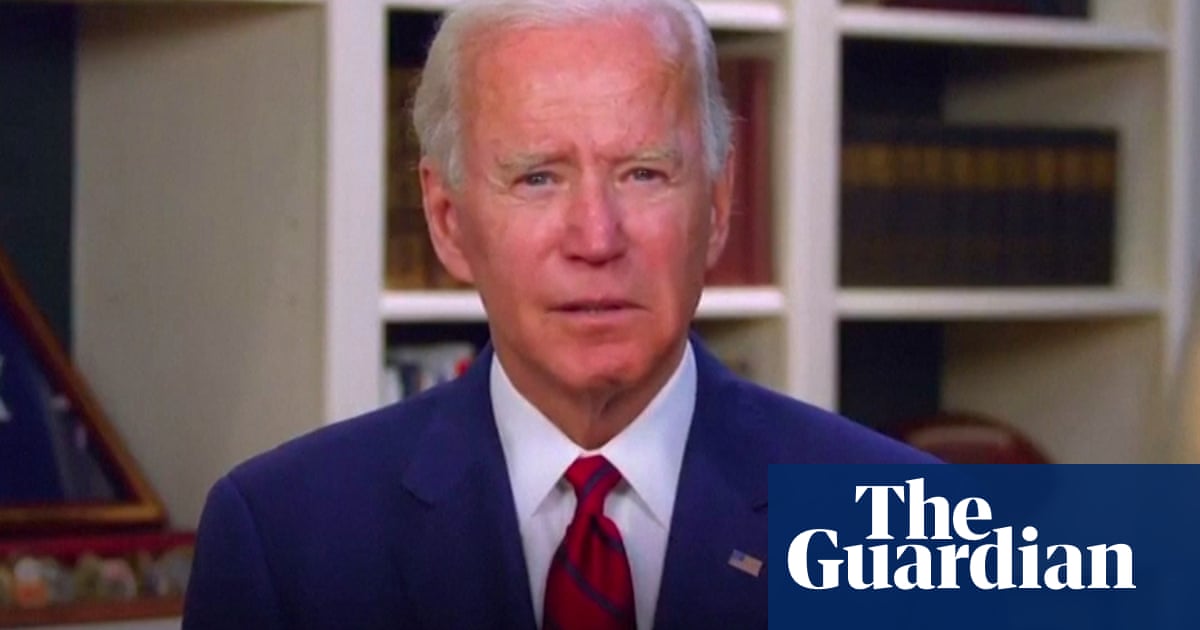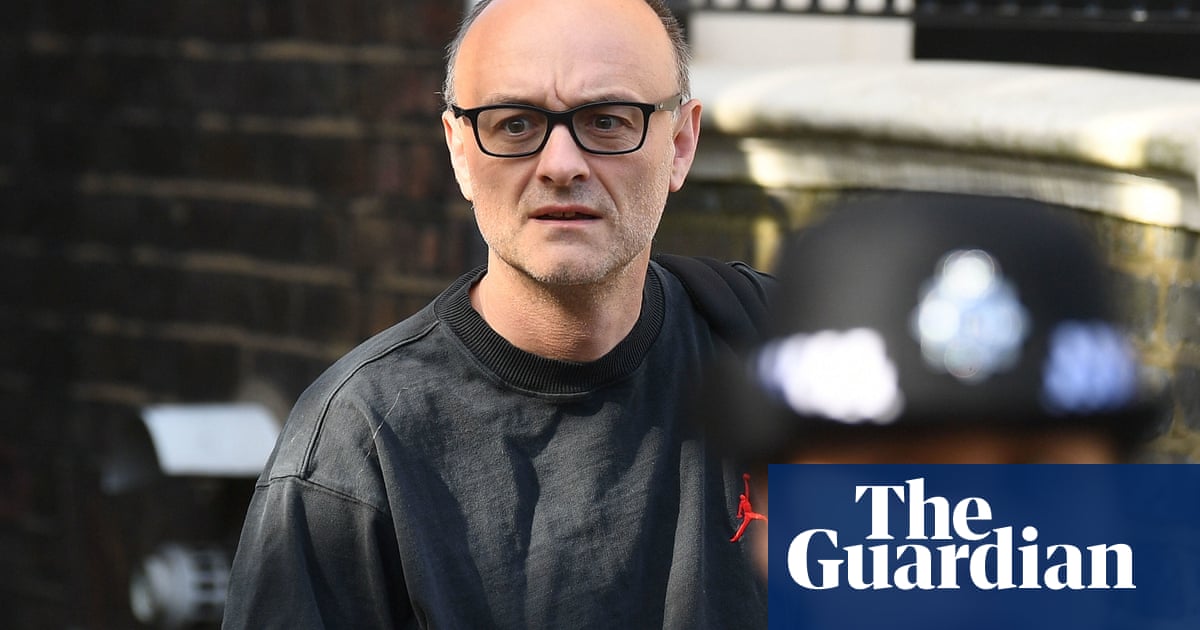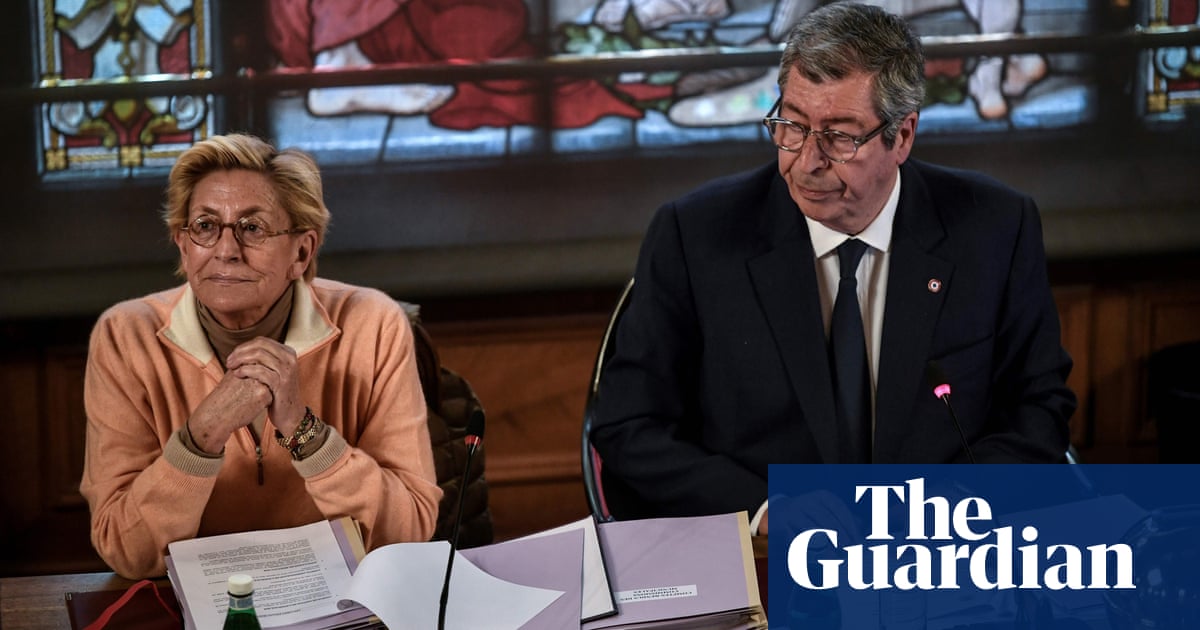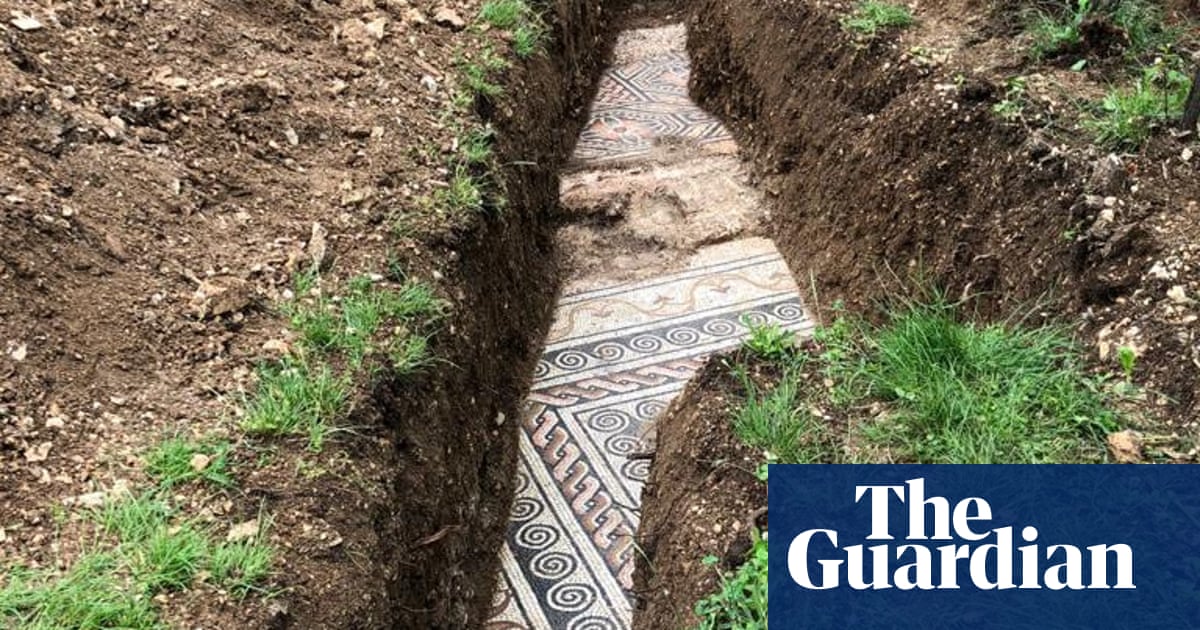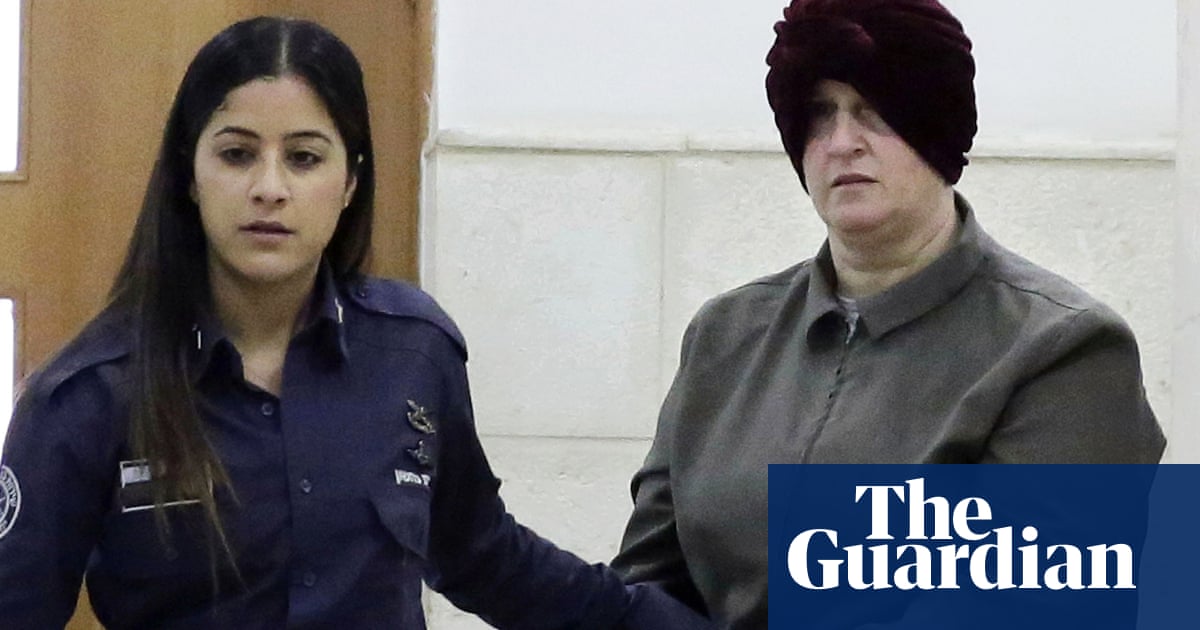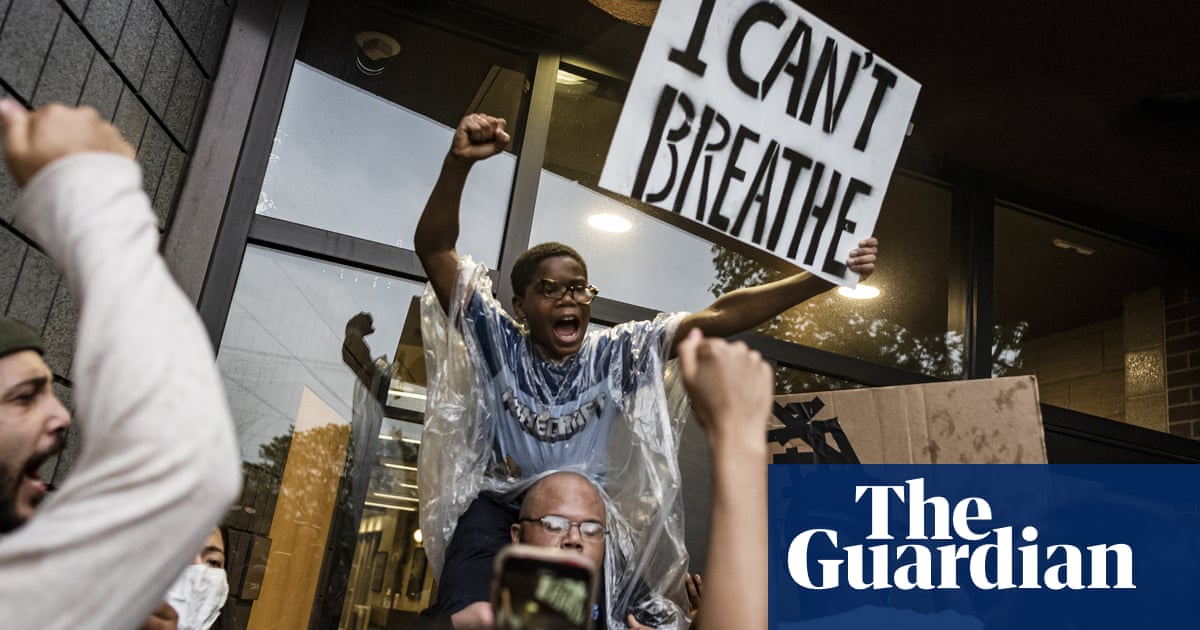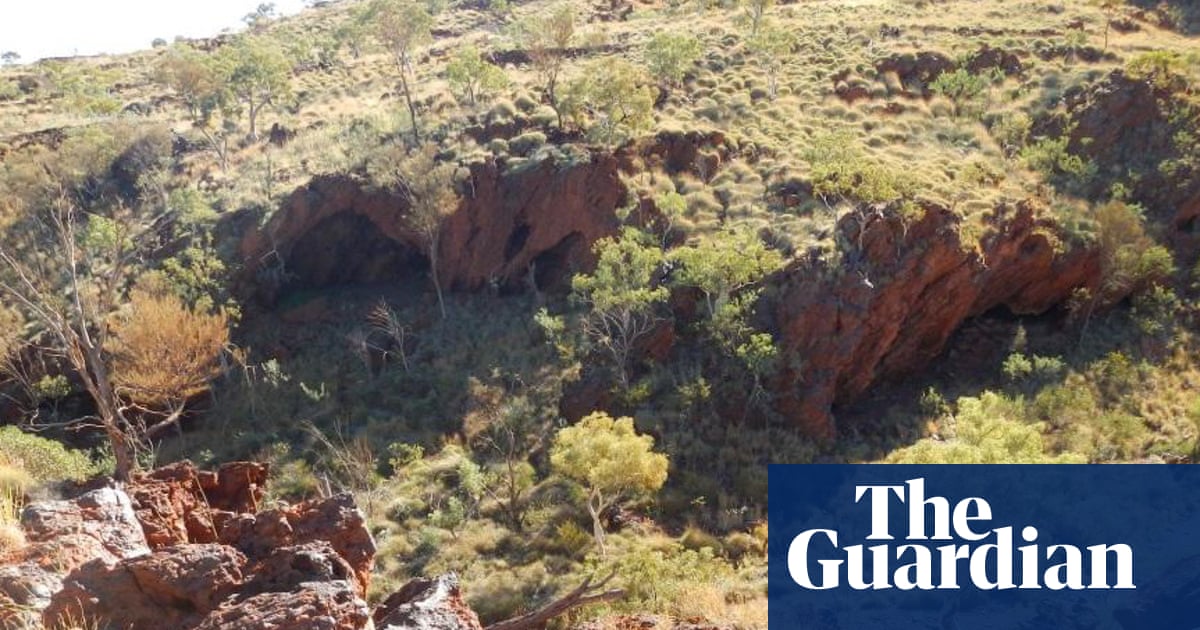Sunday, 31 May 2020
Live: South Carolina Gov. McMaster holds press conference with law enforcement | NBC News - NBC News
* This article was originally published here
Extreme night owls: ‘I can’t tell anyone what time I go to bed’
http://dlvr.it/RXjMdX
George Floyd: second night of US anti-racism protests – in pictures
http://dlvr.it/RXjMYK
Hannah Gadsby: 'You don’t do a show like Nanette without a tough shell'
http://dlvr.it/RXhylZ
Saturday, 30 May 2020
Moroto looks beautiful even with rubbish.
Protests spread across US in response to George Floyd killing – video
http://dlvr.it/RXfq0z
Kylie Jenner in row with Forbes over billionaire status
http://dlvr.it/RXfpxd
Hong Kong officials lash out at Trump plan to strip city of special status
http://dlvr.it/RXfPMj
Friday, 29 May 2020
Lady Gaga: Chromatica review – Gaga rediscovers the riot on her most personal album
http://dlvr.it/RXbdYF
Why US anti-vaxxers will refuse a coronavirus vaccine – video
http://dlvr.it/RXbdSq
STORIES OF HOPE, RECOVERY AND HOSPITALITY NEEDED FOR KARAMOJA?
Rio animal shelter delivers pets to Brazilians in lockdown – in pictures
http://dlvr.it/RXb0Pz
Thursday, 28 May 2020
Joe Biden addresses US as its coronavirus death toll passes 100,000 – video
http://dlvr.it/RXWvZG
Dominic Cummings potentially broke lockdown rules, say Durham police
http://dlvr.it/RXWvYm
Tractor trailer driver dead after shootout in Geneseo. What we know now - Democrat & Chronicle
- Tractor trailer driver dead after shootout in Geneseo. What we know now Democrat & Chronicle
- Gunman dead following tractor-trailer chase, shootout in New York: police Fox News
- Suspect in tractor-trailer crash dead after shootout in Geneseo RochesterFirst
- Tractor trailer driver dead after wild chase on I-390 13WHAM-TV
- Tractor-trailer chase zig-zags across three counties before ending with driver shot, killed in Geneseo The Daily News Online
- View Full Coverage on Google News
* This article was originally published here
French power couple given jail terms for money laundering
http://dlvr.it/RXWGlt
Wednesday, 27 May 2020
Extradition of Huawei Executive Clears a Major Legal Hurdle in Canada - The New York Times
- Extradition of Huawei Executive Clears a Major Legal Hurdle in Canada The New York Times
- Meng Wanzhou: Canada court rules Huawei CFO extradition case can continue BBC News
- Huawei CFO Loses Bid to End U.S. Extradition Fight in Canada Bloomberg
- Canadian Judge Rules U.S. Met Legal Test to Seek Huawei Executive’s Extradition The Wall Street Journal
- Explainer: What happens next in Huawei CFO's U.S. extradition case Reuters
- View Full Coverage on Google News
* This article was originally published here
Ancient Roman mosaic floor discovered under vines in Italy
http://dlvr.it/RXS8X2
Israeli president tells Australian PM: alleged abuser Malka Leifer will not ‘evade justice’
http://dlvr.it/RXS8Tt
Protests in Minneapolis over death of George Floyd after arrest – in pictures
http://dlvr.it/RXRWrl
Tuesday, 26 May 2020
Brexit talks 'risk stalemate' if no progress on key issues
http://dlvr.it/RXNRgs
Rio Tinto blasts 46,000-year-old Aboriginal site to expand iron ore mine
http://dlvr.it/RXNRgP
Lufthansa agrees €9bn bailout with German government
http://dlvr.it/RXMqWw
Monday, 25 May 2020
Life, death and humanity on a Covid-19 ward: ‘We thought we were ready. But we were overwhelmed’

© Giles Duley/INSTITUTE
GQ HYPE
Award-winning photographer Giles Duley spent a fortnight capturing the response to the coronavirus across three NHS hospitals. This is what he saw
For two weeks I’ve been documenting the response to Covid-19 by Imperial College Healthcare NHS Trust in three hospitals: Charing Cross, St Mary’s and Hammersmith. From A&E to the laboratories, admin staff to intensive care unit (ICU) nurses, the first ward to be switched to a Covid-19 cohort and heart surgery, I’ve seen the complex, multidiscipline response to this crisis by the NHS.
© Giles Duley/INSTITUTE

What strikes me most is the professionalism and calmness and, most importantly, the sense of being a team where every player is crucial. After one meeting a nurse pulls me aside and says, “Please make sure you document the work of the cleaners. They’ve been amazing,” after another, a junior doctor, asked me to make sure I focus on the nurses. Everybody is full of praise for their colleagues. Again and again I’m told, “I only got through this because of the support of my team.”
Staff at Charing Cross Hospital A&E. At the change of each shift the teams gather to share information. The response to Covid-19 is constantly evolving and staff need to be aware of new procedures and protocols, 11 May 2020
© Giles Duley/INSTITUTE

This project has particular meaning to me. Following an accident in 2011 – I stepped on an IED while out in Afghanistan working as a photographer – I spent a year in hospital, much of that time in wards of the hospitals I’m now documenting. Some of the staff I’m now working with were responsible for saving my life. Indeed, it was they who asked me to come and document the hospitals during this unprecedented time. It was the 46 days I spent in an ICU, much of that time on a ventilator, that left the most traumatic memories and returning was not an easy decision. The nightmares from that time have never left me.
Staff on the night shift at St Mary’s paediatric ICU (PICU) check a patient’s monitor, 8 May 2020
© Giles Duley/INSTITUTE

To enter an intensive care unit at night is to enter a place of ghosts. It is a place between life and death, where patients’ lives are maintained by machines and drugs that take over many of the body’s functions. The doctors and nurses, like modern-day alchemists, control the ventilators, drips, PICC lines, feeding tubes, medications and monitors that sustain life. It’s a process that doesn’t stop; even throughout the night a patient’s bloods and vital signs are recorded and analysed and adjustments are made. There is a constant whir of servos, bleeps and alarms; lights flash and monitors record the slightest change in vital signs.
Dr Sabeena Qureshi holds the hand of a ventilated patient in St Mary’s PICU, 8 May 2020
© Giles Duley/INSTITUTE

This work was hard enough before Covid-19 but now the task is a brutal physical battle for the ICU staff. Scrubs, gloves, apron, shoe covers, disposable apron, mask, visor, second gloves and then tape must all be donned before entering the unit. It’s unbearably hot and hard to breathe through the mask; even the simplest of tasks is exhausting. Like a Grand Prix driver, the staff are pushed to the limits of endurance while having to stay alert, as a moment of distraction could prove critical to a patient’s survival. As the PPE takes so long to remove it’s impossible to stop for a sip of water or to take a toilet break. The teams are working 12-hour shifts, often with only one break.
Emergency technical assistant João Carlos Ruivo Alves steps into the ‘red zone’ (for Covid-19-positive patients) at Charing Cross A&E, 11 May 2020
© Giles Duley/INSTITUTE

A Covid-19 intensive care unit is brutal: the stark environment, the physical strains, the knowledge that some patients won’t survive. Yet, despite all this, what I find in these units is the greatest of humanity. The staff go about their work with professionalism and focus. They are the strongest of teams, all supporting each other and, most movingly, they treat their patients with such compassion and dignity.
At Charing Cross Hospital A&E, staff nurse Mhelody M Castillo prepares a patient for a swab test that will determine if he is Covid-19-positive, 11 May 2020
© Giles Duley/INSTITUTE

As the doctors do their rounds, even though most patients are in induced comas and those conscious are barely responsive, they take their time and talk to their patients, hold their hands, comfort and encourage. The nurses, despite being under so much pressure, do the same, always explaining what they are doing, looking into the eyes of their patients as they inject drugs through the PICC lines or take more bloods.
The night shift team in St Mary’s PICU discuss the treatment of a ventilated patient, 8 May 2020
© Giles Duley/INSTITUTE

One patient has been taken off the ventilator and is slowly waking from his induced coma. Confused and disorientated by the drugs still in his body and unable to speak because of a tracheostomy, he taps on his phone. No personal items are allowed in ICU – the staff must leave their mobiles and even ID cards outside – but the one exception is each patient has their phone with them. As no family members are allowed to visit, this is their only connection to the outside world and their loved ones. He taps the phone again and sister Amy Hunter picks it up. “You want to speak with your family?” Hunter asks. The patient’s eyes widen, pleading silently. Sister Hunter tries to unlock his phone but is unable. The patient is still too weak to do it himself, so the nurse places it back down beside him and squeezes his hand. “We’ll figure it out, I promise. Till then I’m here.”
The ICU night shift team at St Mary’s PICU dons PPE before entering the unit, 8 May 2020
© Giles Duley/INSTITUTE

“This pandemic felt like a huge wave that was going across the world and it was going to hit us like a tsunami. I think that time waiting was the most terrifying thing for me,” explains Dr Sabeena Qureshi. Normally, she is a consultant paediatric anaesthetist at St Mary’s Hospital, but as the Covid-19 spread, her ward was switched to an adult ICU.
Cleaners Rene Molinga and Raj Ramgi disinfect one of the bays in Charing Cross Hospital A&E, 11 May 2020
© Giles Duley/INSTITUTE

“In our network we were hearing of hospitals that were suddenly, overnight, overwhelmed by patients that were intubated and put on ventilators and we knew it was going to happen. We were ready, we were set up and then it didn’t hit for about a week and we thought, ‘Maybe it’s not going to happen?’ But that was the calm before the storm – literally the tide going out before the tsunami hit. And then it hit.
St Mary’s PICU, 8 May 2020
© Giles Duley/INSTITUTE

“Although we had been told by our counterparts in other countries ‘these patients are really sick’, I don’t think we really understood. Then the first patients came and we knew. We knew as doctors and nurses that whatever we did these patients were getting worse. We were overwhelmed by the number, how sick they were and that they all came in at the same time. We thought we were ready and then we realised we had no idea. I don’t think we realised quite how infectious the disease was and quite how devastating it was.
Jacinto Mendoza, a cleaner, with staff nurse Cora Cosmod at Charing Cross Hospital A&E, 11 May 2020
© Giles Duley/INSTITUTE

“It was amazing how the nurses coped, because they are the majority of the staff in ICU. It was a very coordinated effort. And although things were changing rapidly day by day, we were ready to adapt. In the morning our plan was maybe X-Y-Z; by the afternoon we’d be back to the start of the alphabet and off again, rewriting the book.”
At St Mary’s PICU, lead nurse Amy Hunter tries to unlock a patient’s phone so his family can speak to him for the first time since coming off a ventilator, 8 May 2020
© Giles Duley/INSTITUTE

This first wave did get close to overwhelming the NHS. This virus is complex, aggressive and still not fully understood. And, for the teams, they are dealing with the realisation that what started as a sprint is turning into a marathon. The analogy most used when describing it to me is the Aids epidemic; patients often present with confusing and unique symptoms.
Emergency technical assistant João Carlos Ruivo Alves taking bloods in the red zone of Charing Cross A&E, 11 May 2020
© Giles Duley/INSTITUTE

In the worst cases it seems to be the body’s own response to the virus that is proving fatal. The most serious cases are a puzzle that deeply challenges the clinical staff. I’ve documented frontline hospitals in warzones, Ebola outbreaks and worked with medical NGOs in other humanitarian crises and this virus is deeply worrying. This is not the flu. An uncontrolled second wave or a slight mutation of the virus could be catastrophic. As for the potential devastation it could cause in developing countries or packed refugee camps, it’s unimaginable.
Cleta Ng, a senior sister at Charing Cross Hospital A&E, takes a call about an incoming ambulance with a suspected Covid-19 patient, 11 May 2020
© Giles Duley/INSTITUTE

The majority of the staff I’ve met working on these wards are uncomfortable with the word “hero”. It is, of course, used with best intentions, but they are worried there is a danger we forget that the staff are human. Cleaners, porters, nurses, doctors, admin teams, lab technicians – all the staff have been under huge physical and emotional stress these past months and many will need support in the months ahead. They also need us to do our part in making sure they are not again faced with the level of pressure reached at the peak.
© Giles Duley/INSTITUTE

Politicians and media constantly use the analogy of this being a war and the NHS staff being at our frontline. I have witnessed war and I can tell you that this is the opposite. War is devoid of humanity. It is inhumane and cold. What I see in these hospitals is all that is good in humanity. The hospital staff, despite all their challenges and fears, go about their work with calmness, professionalism, compassion and dedication. They are the best of us and I feel humbled to have witnessed their work.
WHAT IS BREAKOUT → RE-TEST?
Breakout: When the price breaks a support or resistance level that it has tested before and moves above or below that level. Re-...

-
By Hallie Knight , Published in Poem-a-Day on January 23, 2021, by the Academy of American Poets. The house was built, Brick by brick, p...
-
In a new book, translated by Molly Ringwald, Maria’s cousin recalls the fame and turbulence that followed the release of Bernardo Bertolucci...
